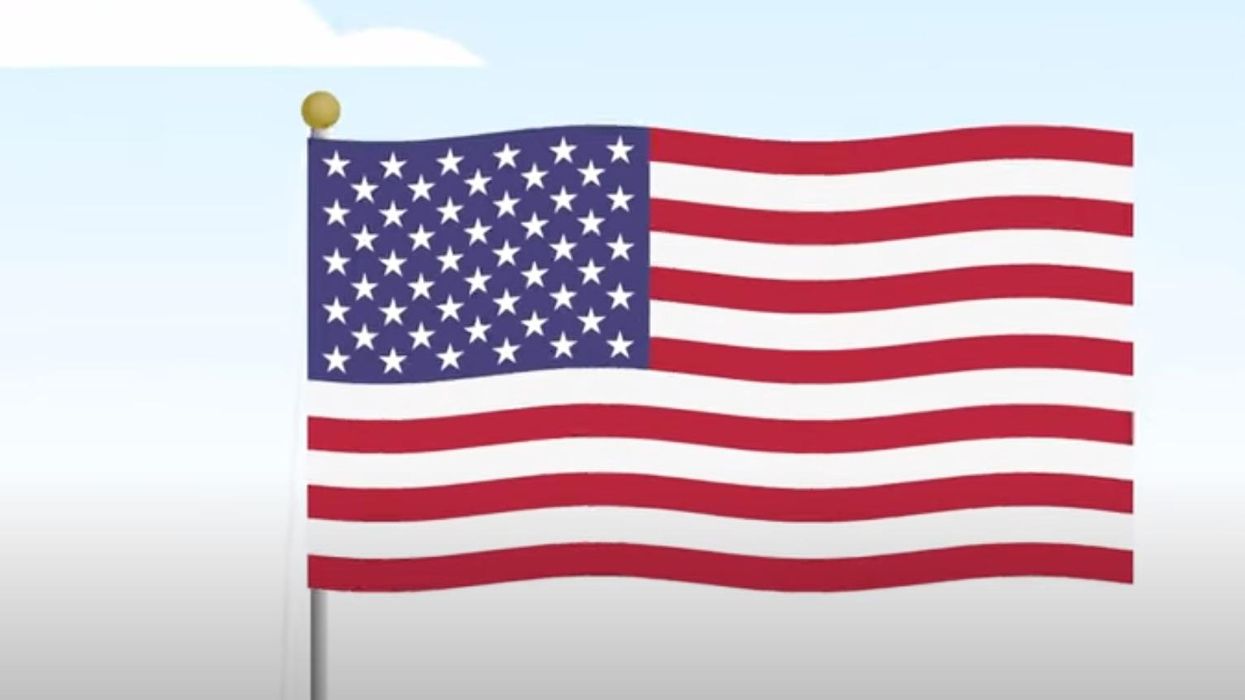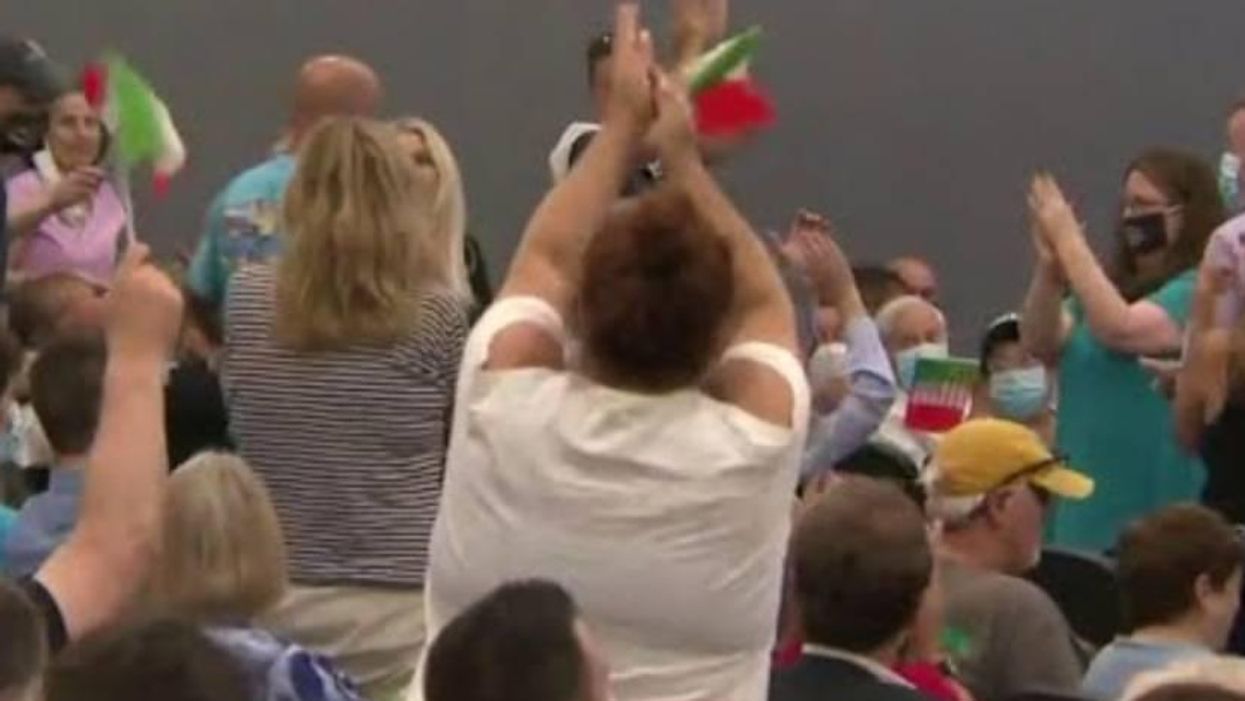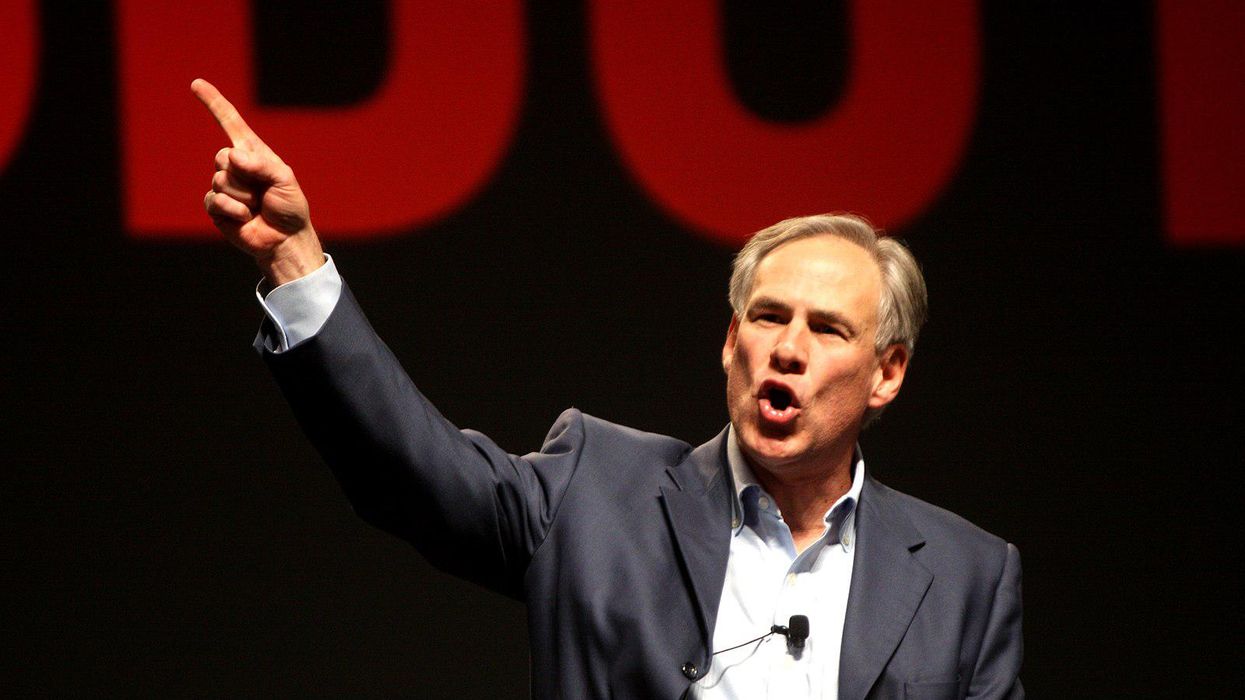What Republicans Get Wrong About Democrats -- And Vice Versa
Paging through the latest survey research from More in Common, I came upon a phrase that deserves to be carved in stone: "conflict entrepreneurs." You know them. They are the arsonists who incessantly inflame every disagreement in order to boost their own "brands." They rile us up and deceive us about the danger of "the other side."
A conversation I had a few weeks ago could have been pulled from the pages of this report. Just before the midterms, I was chatting with someone who was hoping for a GOP sweep to "teach the Democrats a lesson." What lesson, I asked? She explained that she loves America and resents that all the Democrats want to teach kids to despise this country.
That is precisely the impression that many Republicans have about Democrats, according to "History Wars," the new report from More in Common. What distinguishes this from run-of-the-mill surveys is that More in Common asks not just what various groups think, but what they think the other side thinks.
It turns out that while 87 percent of Democrats think "George Washington and Abraham Lincoln should be admired for their roles in American history," Republicans on average believe that only 42 percent of Democrats would say that. And while 83 percent of Democrats agree that "In learning about American history, students should not be made to feel personally responsible for the actions of earlier generations," Republicans suppose that only 43 percent would assent to that. Ninety-two percent of Democrats say, "All students should learn about how the Declaration of Independence and the Constitution advanced freedom and equality." Republicans figured only 45 percent of Democrats would agree.
Similarly, while 93 percent of Republicans believe that "Martin Luther King and Rosa Parks should be taught as examples of Americans who fought for equality," Democrats guess that only 38 percent of Republicans would agree. Democrats estimate that only 32 percent of Republicans would assent that "It's important that every American student learn about slavery, Jim Crow, and segregation," whereas the actual percentage of Republicans who agree is 83. A huge majority (91 percent) of Republicans agree that "Throughout our history, Americans have made incredible achievements and ugly errors." That is close to the 95 percent of Democrats who say the same.
But the steady diet of falsehoods, exaggerations, and "nut-picking" served up by the conflict entrepreneurs has led us to believe that we are two nations, unbridgeable. Seventy-five percent of Republicans say Democrats are "brainwashed," and 75 percent of Democrats say that about Republicans. Among Democrats, 78 percent describe Republicans as "hateful," and 73 percent of Republicans return the compliment. The numbers are worse among the extremes, the 14 percent of the population who fall into either the "progressive activists" or "devoted conservatives" camp.
If large majorities of both parties agree that we should teach the history of the United States, warts and all, what are the history wars about? Is it all just a big misunderstanding?
Yes, to a point, and More in Common does a tremendous service by highlighting these mutual misunderstandings, which they call the "perception gap." But it's also a matter of knowing how to navigate our disagreements, because we still have them. Yes, there is broad agreement about what should be taught, but there is wide divergence on trust in the educational system. Fifty-five percent of Democrats, but only 27 percent of Republicans, say that "Most public schools in America are doing their best to teach American history accurately, without an agenda or bias." And Democrats are more likely than Republicans to believe that discrimination against minorities continues to this day.
It's impossible even to begin to talk with those you disagree with if you lack basic good faith. If you believe that the other side is irredeemable, there is nothing to discuss. But, just to cite one example about myself, if I were to approach a curriculum conference saying, "I want kids to learn about the systematic oppression of African Americans, Native Americans, Asians, and others," Democrats might be more open to hearing me say, "But I also believe that there are no perfect nations and that, all in all, we're doing pretty well at confronting our past and striving toward a better tomorrow," or, "While I believe that our history of oppressing Black people and others has contributed to disparities of all kinds between the races today, I don't think every differential is evidence of continuing racism."
And I think Democrats who come to the table saying, "I agree that America is a great nation; that patriotism is justified and that each person should be treated as an individual rather than as a representative of his or her group," others will be ready to listen when they add that "We can't escape history. White supremacy is down but not out, and we can never relax our vigilance."
This report gives hope that those conversations are possible.
Mona Charen is policy editor of The Bulwark and host of the "Beg to Differ" podcast. Her most recent book is Sex Matters: How Modern Feminism Lost Touch with Science, Love, and Common Sense. To read features by other Creators Syndicate writers and cartoonists, visit the Creators Syndicate webpage at www.creators.com.
Reprinted with permission from Creators.





